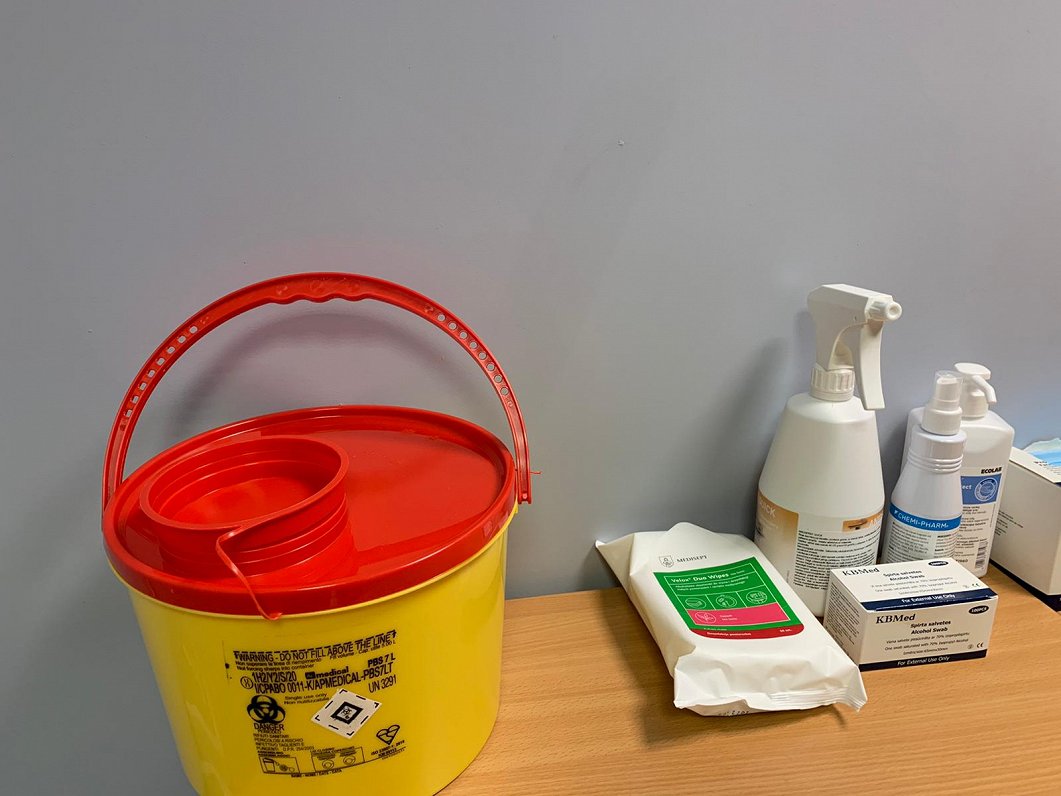A total of four scenarios had been developed, but only two were ultimately presented to the government, dubbed scenarios “A” and “D”.
The “A” option is quite lenient, but the “D” option provides for maximum caution.
In scenario “A”, reducing the spread of the virus is based on remote work, much like it has been so far. Only manufacturing industry companies would work onsite, with strict rules in place. Working onsite elsewhere could only take place with the permission of the head of the company or establishment, and onsite services would only take place with sign-up.
The scenario aims to reduce the maximum number of passengers on public transport to 30% of transport capacity. It is currently 50%. Municipal parking fees for private transportation might be waived temporarily.
It is planned to focus on targeted identification of Covid-19 outbreaks through mass testing and targeted screening.
Kindergartens would only work for the children of persons who cannot work remotely.
The “D” scenario foresees the introduction of more restrictive measures to limit Covid-19. They are proposed to be determined proactively, as soon as possible, for example starting March 15, which is the beginning of school holidays.
In this option, only an employer's order will allow working onsite. It is intended only for jobs that cannot be carried out remotely. The scenario allows only essential services and only essential production companies to work on site.
The “D” scenario provides for these rules:
- an obligation to stay in one's place of residence within the same household,
- leave the place of residence only when necessary, for example, to go to a hospital, shop, walk one's dog or exercise.
- religious activity would only take place onsite on religious holidays,
- interrupt the functioning of museums outdoors and nature trails.
Learning is intended remotely, with the exception of nursery schools for children whose legal representatives cannot provide childcare for themselves. Sporting events would only take place individually in the outdoor areas, except for the outdoor training of adult professional athletes from Latvian Olympic Units and Latvian Paralympic Units, as well as team sports games international and higher league teams. No sporting events would be allowed to take place.
The scenario allows the provision of:
- emergency medical and acute assistance,
- healthcare services provided by a family doctor,
- healthcare services provided by the State Blood Donor Center,
- vaccination services,
- home healthcare services,
- care for pregnant women,
- laboratory services.
Further restrictions models are being reviewed in government in anticipation of the spread of the new, more contagious type of Covid-19 in Latvia. Last week, this strain was detected in 9% of tested samples, but epidemiologist Jurijs Perevoščikovs from the Disease Prevention and Control Center said Tuesday that this week it has already been found in over 20% of the tested samples.





























